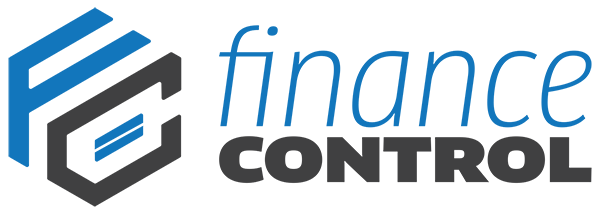Frequently Asked Questions
At Finance Control we are often asked a number of questions regarding a range of topics; from bookkeeping and stocktaking to procurement & purchasing to menu costing. Below we have outlined a number of answers to the most common questions we are asked.
Bookkeeping
Your accountant uses the financial transactions recorded by his bookkeeper in order to prepare your financial reports. At Finance Control, we empower business owners to make real time decisions based on regular access and reporting to their current accounting information.
Our cloud bookkeeping streamlines the paper and reporting process, leaving you free to focus on the areas of your business that matters most. We can work from anywhere to make sure our clients get the best quality service.
At Finance Control, we use the online award-winning SortmyBooks Accounting Software enhanced by AutoEntry. This software is one of the fastest ways to capture, categorise, and publish your financial documents through to your accountant’s software.
As the director of Finance Control, Edward will be the person assigned to your books. This is a family run business and he will be the point of contact for any bookkeeping related issues.
Stocktaking
Stocktaking involves counting and checking all products, goods, or inventory in your business in order to make sure that your records are accurate and correct for your accounting purposes. All businesses must account for the value of their trading stock at the end of each income Month/Year. If your accountant puts a figure in for your closing stock valuation without auditing the stock, your financial reports are wrong.
There is no standard to how regular you should perform a stocktake or inventory audit, however, from experience, we recommend that a stock audit be carried out at least once a month. The benefit of performing regular stocktakes will stop any losses escalating, which in turn positively affects cash flow and continued profitability.
It’s extremely hard to put a price on an audit over the phone. We always make an appointment with the owner or manager for a specified date in order to walk through the business and talk about what problems they’re experiencing, as well as the reason required for a stock auditor.
Any stock auditor will be an expense to your business, but a great stock auditor will be a safe guard to protect the heartbeat of your business by allowing you to move forward through regular reporting.
The accessories cycle counts for furniture stores can be carried out with the help of internal staff to keep costs down. We train your staff in Finance Control’s systems and checks procedures, in order to have an accurate live result, visible to the owner or manager on the same day.
Procurement & Purchasing
Our Purchasing program is based on actual client item usage. We go through your invoices and collate them to see what you’re buying, then with the bookkeeping side of Finance Control we can work with your in-house accountants to automate your invoices to match the nominals of any accounting software.
We check, collate, and update price lists. Normally clients are smothered in price lists with 75% of the price list of no use. We tailor your price list to suit the products you’re purchasing, cutting the price list down to a few pages, rather than an essay.
Yes! With the automated information that we send to your accountants, we already gather the necessary information which allows us to provide you with the accurate up-to-date pricing used in the recipe costing.
Get your chefs to write up the ingredients of each starter, mains, and dessert, and we can take care of the rest. Once we have this information, just also send us the C.S.V till’s PLUs report every month, and we can analyse the information in order to tell you if your menu is a star, puzzle, plow-horse, or dog.
Finance Control will add the “left brain” costing to help your team’s “right brain” creativity of menu engineering in order to increase your profits.
Menu Costing
This is the understanding and controlling of each recipe or dish on your menu. Knowing what each item on your menu costs to put together, and the required amount to charge, allows you to create room for profit – information critical to your business’s survival.
- Write down all of the dish’s ingredients.
- Determine the cost of each line of the ingredient in the dish.
- Add all of the calculated prices of the line of ingredients together.
- This is the total cost of your dish.
There are two main reasons here:
- Profitability
If you don’t know the costs of each dish, then you don’t know the profit. - Consistency
It can help you to distinguish between dishes that are bringing in the most profit, and dishes that are losing money for your business. It also gives your customers the same experience every time they call to your premises.
Don't see a question you want answered?
If you don't see a question or answer that you need, simply submit your question below, and we’ll be happy to answer it for you. SUBMIT A QUESTION
Submit your own question and we will answer it for you!
Still have a question?
For further details on how Finance Control can help your business, or alternatively for a quote on our services, just give me a call on 087 767 0816, or simply drop me on email to edward@financecontrol.ie.
